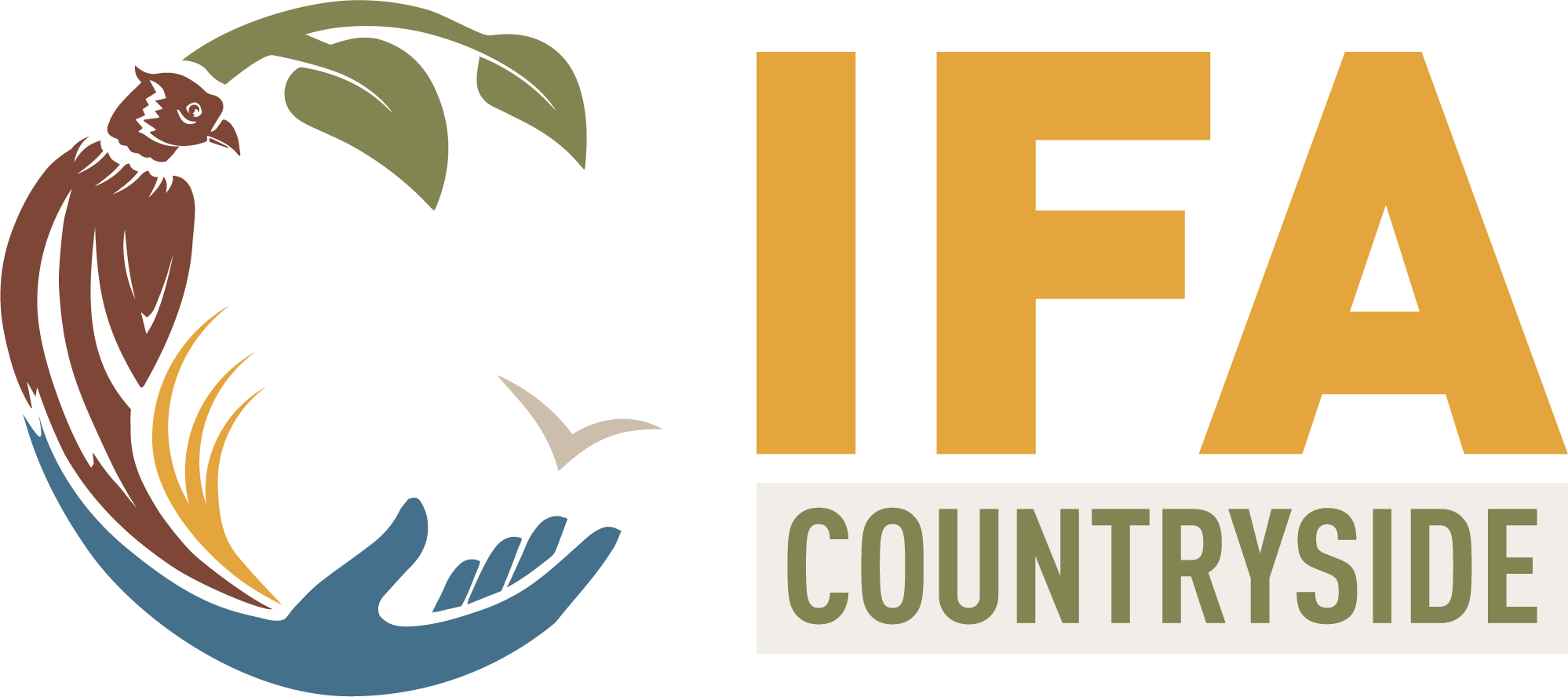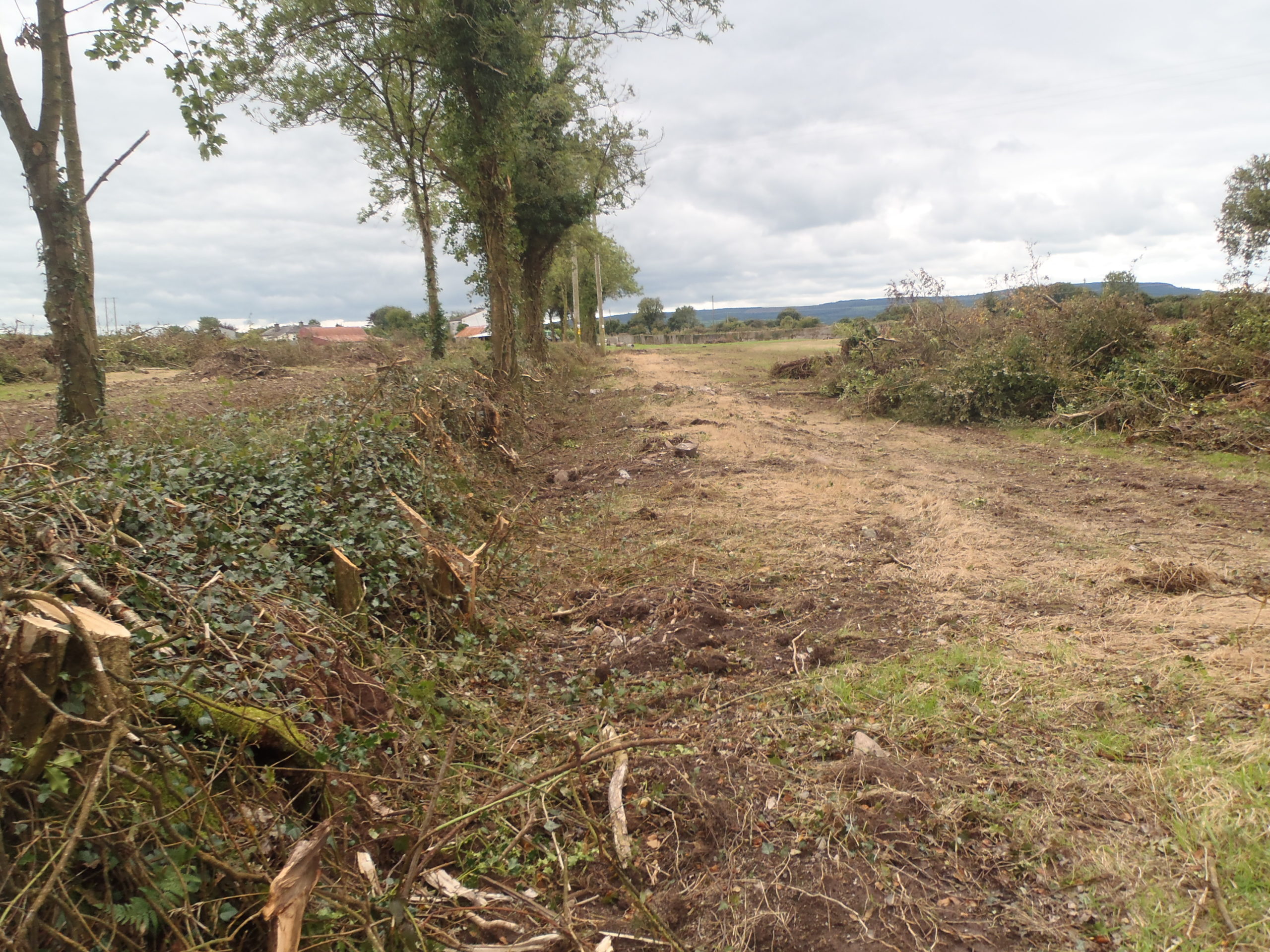The National Parks & Wildlife Service (NPWS) of the Department of Housing, Local Government and Heritage is reminding the public the cutting, grubbing, burning or other destruction of “vegetation growing in any hedge or ditch” between 1st March and 31st August is prohibited.
The prohibition is contained in section 40 of the Wildlife Act 1976*. Suspected breaches are investigated by the NPWS and An Garda Síochána. The NPWS took 31 section 40 prosecution cases in 2021 and it hopes that fewer will be necessary this year.
In Ireland, our relatively low cover of native woodland makes our hedgerows exceptionally important for biodiversity. Hedgerows provide botanical diversity as well as food and shelter for animals, most notably birds. They also act as corridors connecting habitats. Untrimmed, thorny hedges are favoured by birds, but birds may nest in any hedge.
The prohibition outlined above does not apply (unless done by burning) in a number of circumstances set out in the Act. For businesses, landowners and the general public the most notable of these exemptions are:
- The destruction, in the ordinary course of agriculture or forestry, of any vegetation growing on or in any hedge or ditch. In the Act, “agriculture” is defined as including horticulture. Since horticulture includes gardening, the summertime trimming of hedges in the ordinary course of gardening falls under this exemption;
- The clearance of vegetation in the course of road or other construction works or in the development or preparation of sites on which any building or other structure is intended to be provided;
- The felling, cutting, lopping, trimming or removal of a tree, shrub, hedge or other vegetation pursuant to section 70 of the Roads Act 1993.

